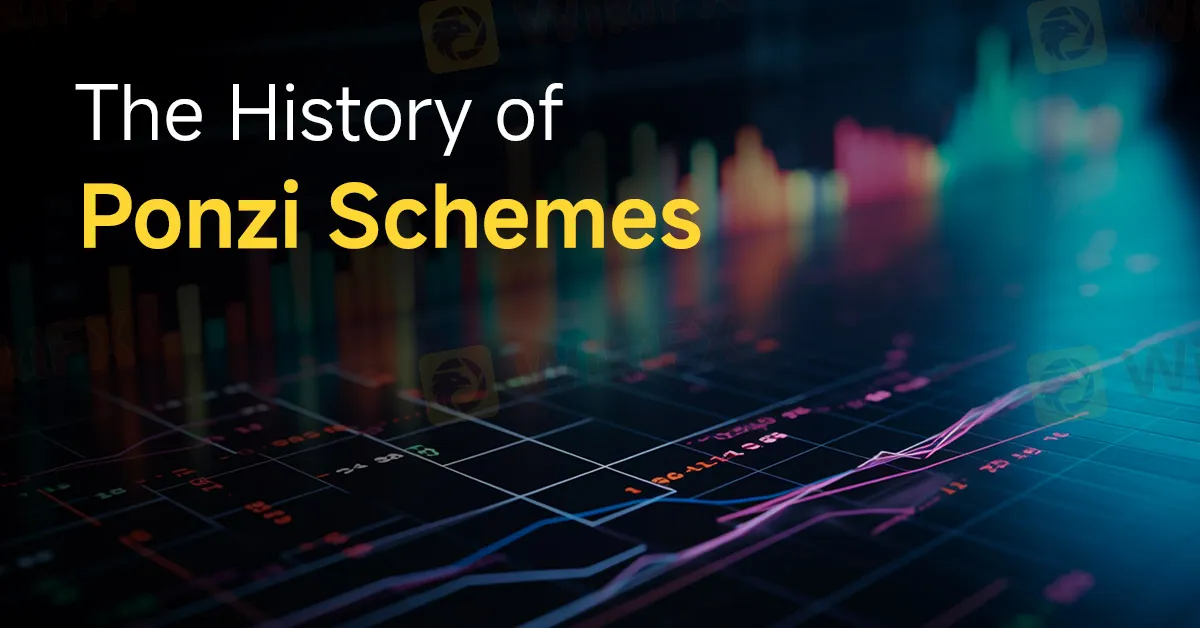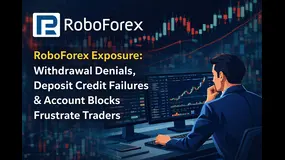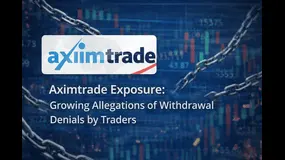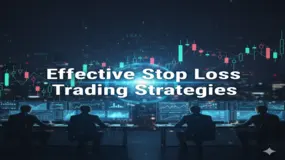Abstract:This article outlines the history of Ponzi schemes, highlighting the infamous Charles Ponzi, Bernie Madoff, and beyond.

The term “Ponzi scheme” is derived from Charles Ponzi, an Italian immigrant who orchestrated one of the most infamous financial frauds in the early 20th century. Although not the first to use such a scheme, his name became synonymous with this type of financial fraud.
Charles Ponzi's scheme began in 1919 when he promised investors a 50% return on investment within 45 days, or 100% within 90 days. His plan was to buy discounted postal reply coupons in other countries and redeem them at face value in the United States, exploiting differences in currency exchange rates. However, the logistics of this were impossible, and Ponzi was instead paying early investors with money from new investors, rather than from profit. At its peak, Ponzi was making $250,000 a day. Eventually, investigative journalists and law enforcement uncovered the fraudulent operation, and Ponzi was arrested in 1920. He was charged with multiple counts of mail fraud, leading to his conviction and imprisonment.
On the other hand, Bernie Madoff, a former chairman of the NASDAQ stock exchange, orchestrated the largest and most devastating Ponzi scheme in history, defrauding investors of approximately $65 billion. Madoff's scheme promised consistent, high returns, attracting a wide range of investors, including celebrities, charities, and institutional clients.
Madoff's operation was sophisticated and shrouded in secrecy. He employed a “split-strike conversion” strategy, which seemed legitimate and consistently profitable. In reality, Madoff was simply paying returns to earlier investors with the capital from newer investors. His reputation and charm helped maintain the illusion of legitimacy, and he went undetected for years, partly because investors and regulators found it hard to believe someone so prominent could be involved in fraud.
The scheme unravelled in December 2008, during the financial crisis, when a wave of redemptions overwhelmed Madoff's cash reserves. He confessed to his sons, who reported him to the authorities. Madoff was arrested and later sentenced to 150 years in prison, dying there in 2021.

The online trading industry has proven to be a fertile ground for Ponzi schemes. The rapid growth and lack of regulation in some areas create opportunities for fraudsters to exploit unsuspecting investors.
The internet provides an anonymous platform where schemers can easily reach a global audience. Online platforms and social media make it simple to create convincing personas and build trust with potential investors. Many online trading platforms promise substantial returns, often with minimal risk. This appeal to greed and the desire for quick wealth makes it easier to attract investors. The complexity of financial markets and trading strategies can be bewildering for average investors. Fraudsters take advantage of this by offering schemes that seem legitimate but are difficult to understand or verify. The online trading industry, especially in emerging markets, often lacks stringent regulations. This regulatory gap makes it easier for Ponzi schemes to operate undetected for longer periods. Fraudsters often use testimonials and endorsements to create an illusion of legitimacy and success. This social proof, combined with the fear of missing out on lucrative opportunities, drives more people to invest without proper due diligence. The rise of cryptocurrencies has introduced new opportunities for Ponzi schemes. The decentralized and often opaque nature of these assets makes them ideal for fraud. High-profile cases, like the BitConnect scheme, which promised substantial returns through a proprietary trading bot, exemplify this trend.
Investors can take several steps to protect themselves from Ponzi schemes. First, conducting thorough research is crucial. Verifying the credentials of the individuals and companies offering investment opportunities can prevent a lot of heartache. Investors should look for reviews, regulatory licenses, and third-party audits. Understanding the investment is also essential. Ensure you fully understand how the investment works. Be wary of complex strategies that promise consistent high returns with little risk. Checking regulatory compliance is another critical step. Ensure the investment is registered and complies with local regulatory requirements. Legitimate investment firms are typically transparent about their regulatory status. Finally, being sceptical of high returns is a fundamental principle. If an investment promises unusually high returns, it is likely too good to be true. Be cautious and consult with financial professionals before investing.
Ponzi schemes have evolved but remain fundamentally the same: they prey on trust, greed, and a lack of due diligence. By understanding the history and mechanics of these schemes, investors can better protect themselves from falling victim to financial fraud.











